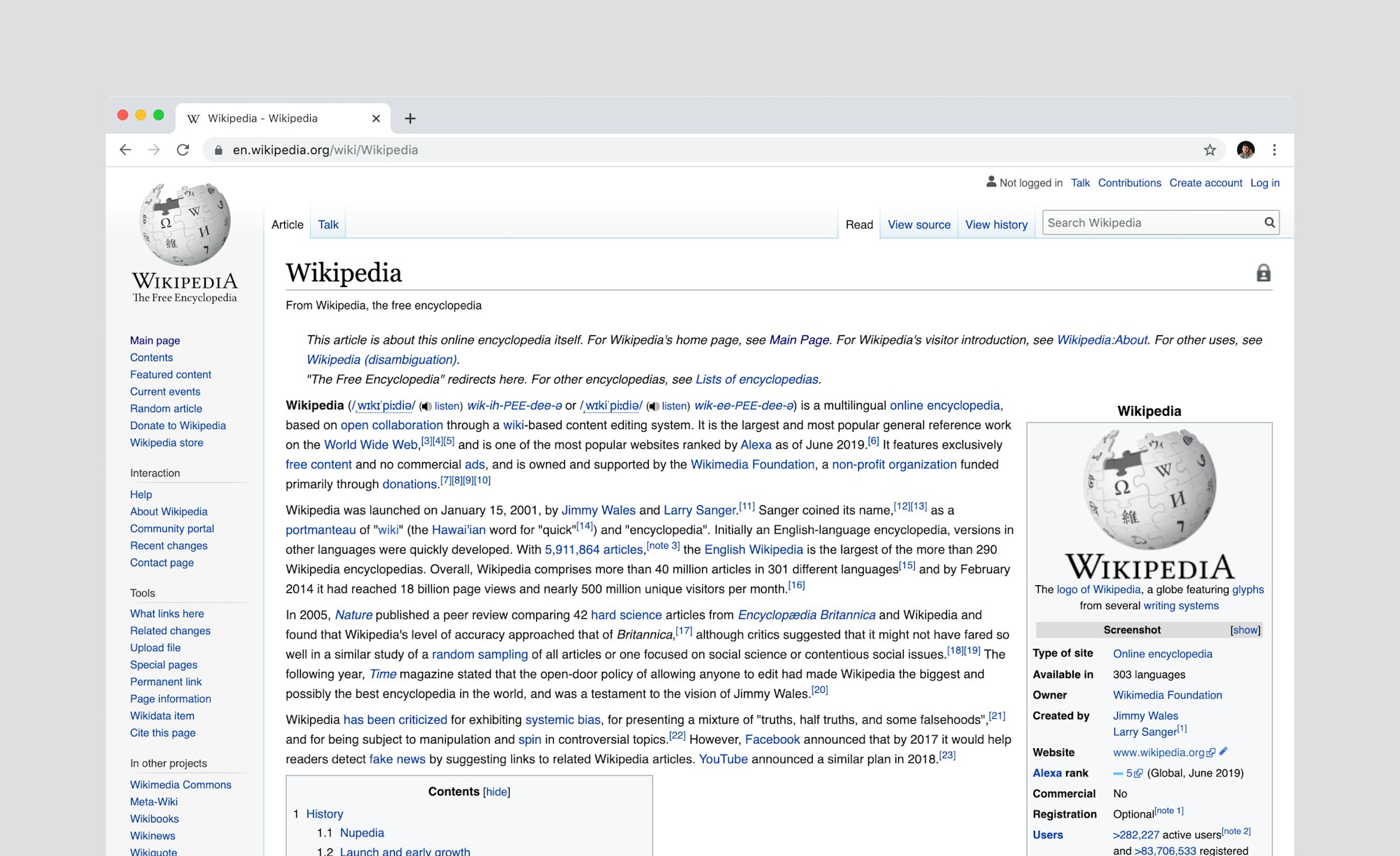Books — Should an Innovative Lawyer use them?
The COVID-19 pandemic has changed many things, including a sudden prevalence of free online talks and seminars. If you're an introvert or have no qualms to stay up till late to catch what the other side of the world is doing, this is a boon.
I am afraid those days may be numbered. Once restrictions are rescinded, the push to go online would not be strong anymore. It's challenging holding an online event effectively, so many events may prefer to stick to its “core” audience.
When one window closes, perhaps one should look for others. Something old school still exists — books. They can deal with depth and complexity. At possibly a hundred dollars or two at most, books also seem fairly efficient in delivering information, compared to recorded videos.
A primer on technology law struggles to get on the same boat
I was excited about the forthcoming “Law and Technology in Singapore” book by the Singapore Academy of Law. Its mission felt ambitious:
This primer by experts in their respective fields offers students and practitioners an overview of the relevant technologies, a survey of their impact on the content of law today, and a window into future issues that may arise – as well as some of the potential solutions. The text is meant to be accessible to students and practitioners, as well as to interested laypersons. The authors have strived to be clear and avoid unnecessary jargon – simple, but not simplistic.
I managed to download the first chapter, which expands on the explanation quoted above and provides a roadmap of the book. If you want to know what's in the book, that chapter will be illuminating.
Lawyers are supposed to be wary of semantics, but I believe this needs highlighting. It's a book on the law and technology. Based on the road map in the first chapter, you're probably going to hear lots about technology and lots about law, but not much on practice. The road map spends three paragraphs on one chapter on legal education, which might not be surprising considering how many professors flood the list of contributors. One sentence mentions process automation and innovation in law practice in a chapter co-written by four professors. Thankfully though, it counts a founder of Rajah and Tann's digital arm as its other co-author.

I will be pessimistic and recount all my fears about what this book is going to be. Unlike most primers I am aware of, this book will be thick, heavy and impossible to finish in one night. Like almost every book that the Singapore Academy of Law publishes, it will have end to end walls of text. For lawyers on innovation, this might be an interesting reference book. Students will learn a lot from the text.
For innovative lawyers, I suspect that this book is not going to be helpful. If you are motivated enough to go through a hefty tome, you don't need more convincing that technology has a profound impact on the law. Substantive law is an essential aspect of a lawyer's toolkit, but this book's emphasis seems particularly heavy.
It's unfair to criticise a book on technology law for not having much content on the impact of technology on law and the changes facing the legal profession. Smart contracts, AI and the Internet are minor characters in the legal innovation story. In legal innovation, it's all about People , Process and Technology. The contributors list and the topics chosen don't reflect this.
A short aside: Books I recommend for the innovative lawyer
If you're an innovative lawyer and you want to do technology as opposed to talking about it, these books are far cheaper and contain much more actionable advice.
As an Amazon Associate, I earn from qualifying purchases made on the books linked here.
I've already reviewed “Sign Here” by Alex Hamilton. I remarked in the review that the book contains excellent insights and actionable advice on the interaction of technology and contracts, an essential aspect of law practice.
If you want a real primer on legal innovation, I recommend Lucy Endel Bassli's “The Simple Guide to Legal Innovation”. ALSPs, alternative fee arrangements, legal operations, project management and a dozen other concepts feature here at a level lawyers of all levels of familiarity and students can grasp. Its reflections on the state of legal innovation in the States might appear alien in Singapore, but you'd still find enough here to make yourself the most thoughtful person in #matchworking.
I liked Bassli's book so much I am excited about her new one: “CLM Simplified: Efficient Contracting for Law Departments”. It touches on topics that aren't regularly featured, like a legal department's contract review policies. 😮 I'd preorder soon.
Buying a digital book shouldn't cause this much angst

Whatever views I may have, I will still buy “Law and Technology in Singapore” because I like technology, I like law, and I like the depth and breadth of the book.
However, I am still dithering on the preorder because I couldn't decide whether to get a “digital” version for an extra $15. The page has no information on the “digital” version, so I emailed the Academy for details on what I could get. I wasn't about to pay $15 for a DRM laden PDF (even if I ignore my deep hatred for PDFs).
The reply I got was quite cryptic:
The digital version ID will be emailed to you once when our platform is ready for it's release in mid-October. [ sic ]
It gave me palpitations. I imagined a web page where you can click on the right column, and the page will animatedly “flip” to the other side. Other than that piece of magic, you will need an internet connection to access it, and you can't copy or search the book. Furthermore, if the Academy doesn't want to support the website anymore, it can flush your digital book down the drain. It's worse than a PDF!
Update (23/9): I have a slightly better idea of what will be provided during TechLawFest. Thankfully, it won't be as lame as a flipping book, but still...
Anyway, I ordered the book with the digital version because I had a lot of Academy credit to burn. Hooray for COVID!
Are books the best solution for this age?
The issues regarding the delivery of this product (a heavy tome partnered by a possibly DRM-laden web platform) dampened my enthusiasm for this book.
These issues are pretty ironic considering that authors wanted the book to be accessible. As mentioned in the chapter, they have consciously made it cheaper and provided a digital version.
However, to be fair, if they considered my wish list, I would have wanted it free as in free beer , and free as in libre.
To take their goals further, I even wonder whether a book is the best medium to provide a fast reference for practitioners and a deep primer for students. Books aren't searchable, take up space on a cupboard and can't be shared. Considering that the book will get outdated really fast, it will become very expensive too when you always have to get the latest iteration (if ever, if any) .

If I wanted to find information fast, what would I do? Evidently for small firms in the UK, Google it. For myself, I like reading Wikipedia. It can be a detailed primer and a fast reference. It can also be searchable. It can even be updated continuously. Honestly, they can take away my Academy credits if they provided this resource free to all Singaporeans.
It's not as if such a project is without precedent. Last week, “Civil Procedure and Practice in Ontario”, Ontario's version of “Singapore Civil Procedure”, became available for free on CANLII. A book that might have cost $1,280 is now available for all, including litigants in person.
Besides an open access e-book, there are probably other ways to make this book more accessible. To cut through the walls of text and overlaps of content across discrete chapters, a chatbot using machine learning might be able to automate the searching of answers. This sounds like a fun project to get my hands dirty in machine learning again. Now to figure out how to scrape this thing once it comes out.
Conclusion
The goals of “Law and Technology in Singapore” are laudable. However, it's readily apparent that it doesn't go far enough. The authors wanted to write a book, and have tried to push it as hard as it can go. Maybe the real lesson is that we haven't grappled directly with the challenges of the medium. So for the innovative lawyer in me, I am always going to appreciate books, but I would always be reminded of what it could have been.
#blog #BookReview #COVID-19 #Law #Singapore #TechLawFest #TechnologyLaw
Love.Law.Robots. – A blog by Ang Hou Fu
- Discuss... this Post
- If you found this post useful, or like my work, a tip is always appreciated:
- Follow [this blog on the Fediverse]()
- Contact me:


